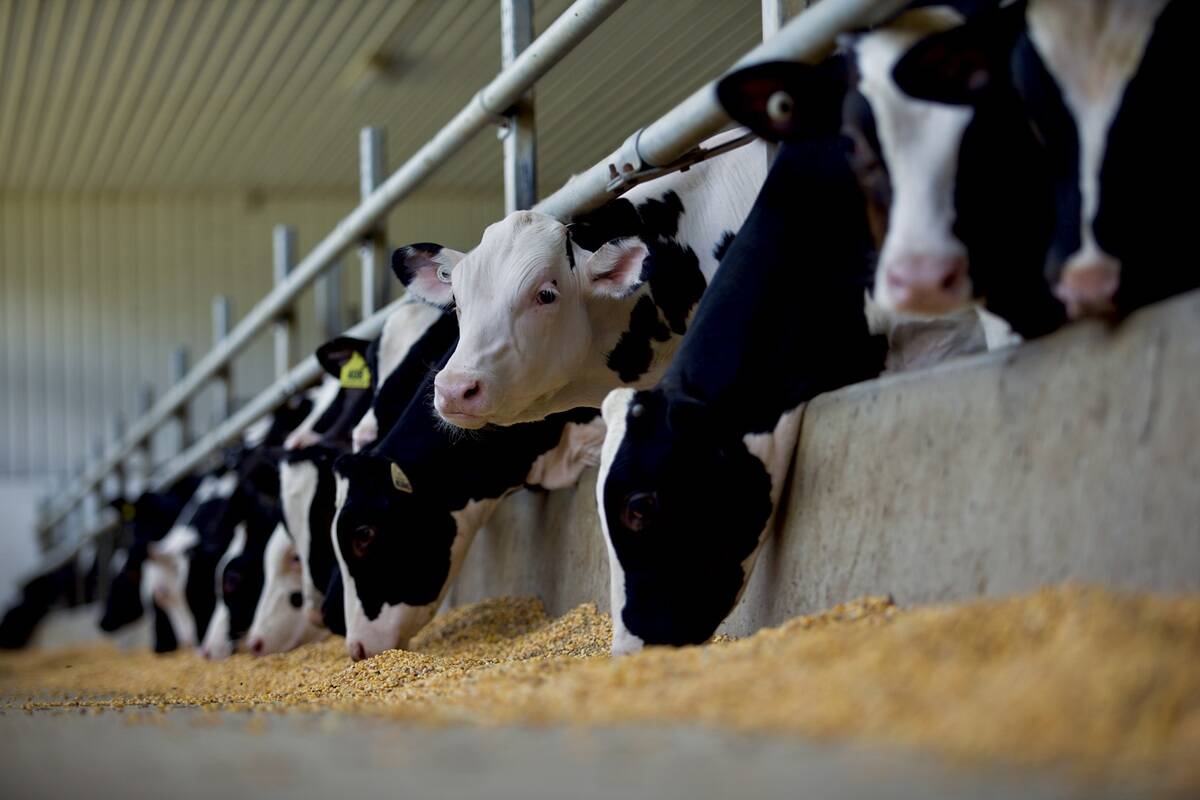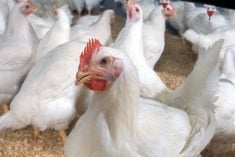Potash prices should firm in the wake of today’s announcement by PotashCorp that it is curtailing production, says a fertilizer industry analyst.
The company is laying off 1,045 people or 18 percent of its workforce. More than half of the layoffs will be in the potash side of the business.
It plans to suspend potash production at one of its two Lanigan mines and reduce production at its Cory facility by year end. Both are located in central Saskatchewan.
In addition, the company is stopping production at its facility in Penobsquis, New Brunswick, at the end of the first quarter of 2014.
Read Also

Confusion cleared on Canadian calf import changes
A Canadian Food Inspection Agency (CFIA) announcement on import regulations for feeder calves caused some confusion on the administrative side of Canada’s cattle industry earlier this month
PotashCorp chief executive officer Bill Doyle cited slumping global demand for potash and phosphate.
“A significant portion of fertilizer demand comes from developing markets where growth has been less robust than expected,” he said in a videotaped message on the company’s website.
David Asbridge, president of NPK Fertilizer Advisory Service, said the production cutbacks should help stabilize prices.
“What this will do is, it will help firm the (potash) market and probably keep it from falling a whole lot further,” he said.
Prices have been on the decline the past couple years, a trend made worse by this summer’s breakup of a Black Sea marketing cartel.
Russian potash producer Uralkali has been increasing production since the demise of the cartel and reportedly selling potash to China at prices well below the $400 per tonne negotiated by the cartel before to its collapse.
“What PotashCorp has done now is kind of help offset some of that (cartel) issue,” said Asbridge.
He said it may take a while for potash prices to firm because little buying is going on right now. Fall work is almost complete in the United States.
Asbridge expects prices may continue to fall for a while and then head up in the spring as China starts buying North American supplies and U.S. farmers get back out in fields.
He believes there was a good fall fertilizer season in the U.S., which should draw down some of the excess potash inventory in the countryside.
“We do expect a little bit of a price rise going into the spring but nothing real significant. Maybe $20 to $25 (a tonne) from where it is now,” he said.
PotashCorp is also curtailing phosphate production at its facility in White Springs, Florida.
He doesn’t think that will have much impact on the phosphate market because PotashCorp produces five percent of the world’s phosphate compared to 20 percent of its potash.
“They’re a relatively small player,” he said.















